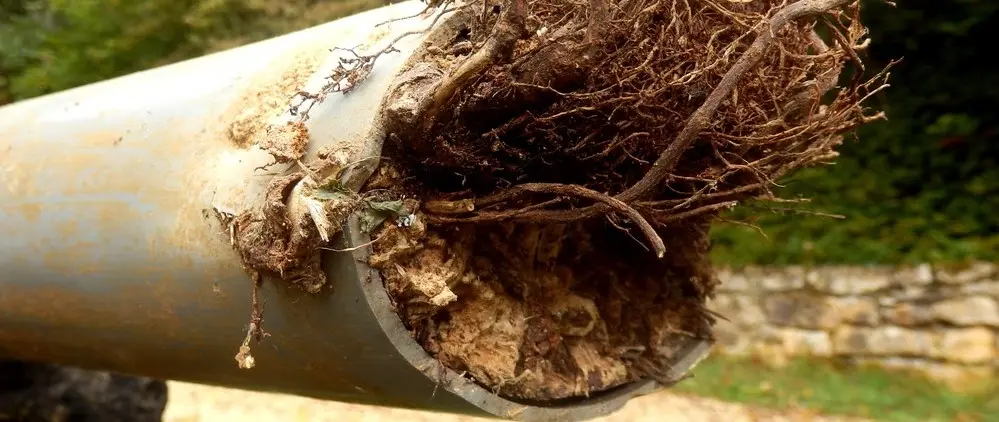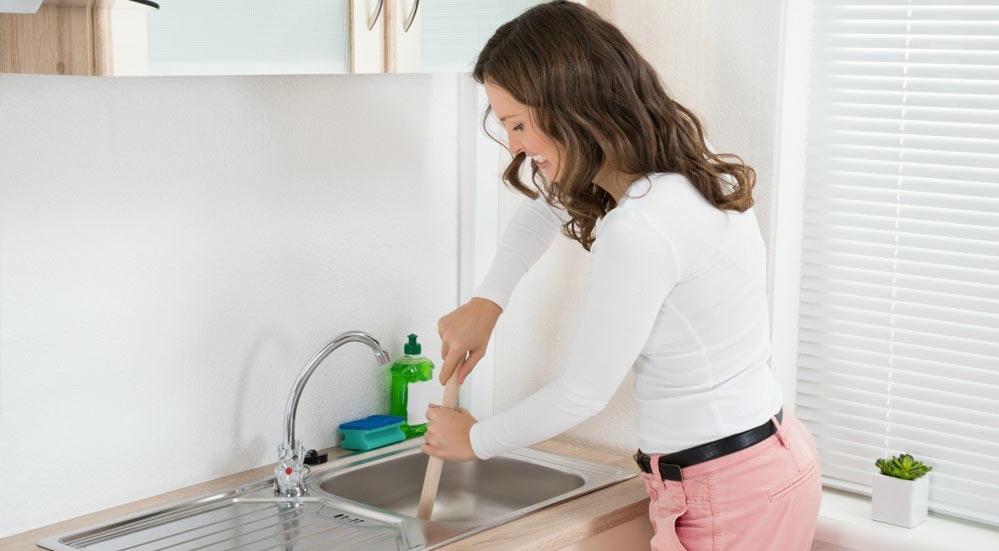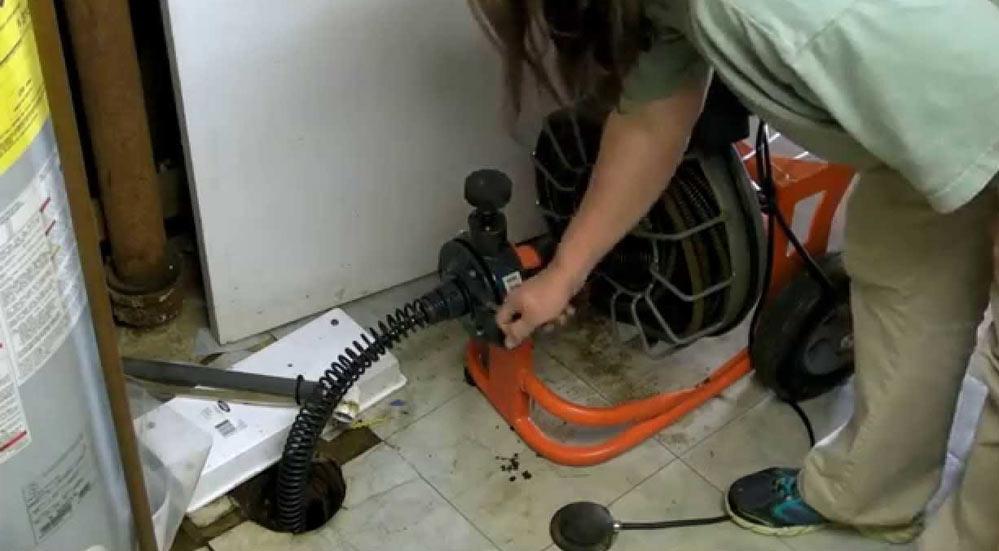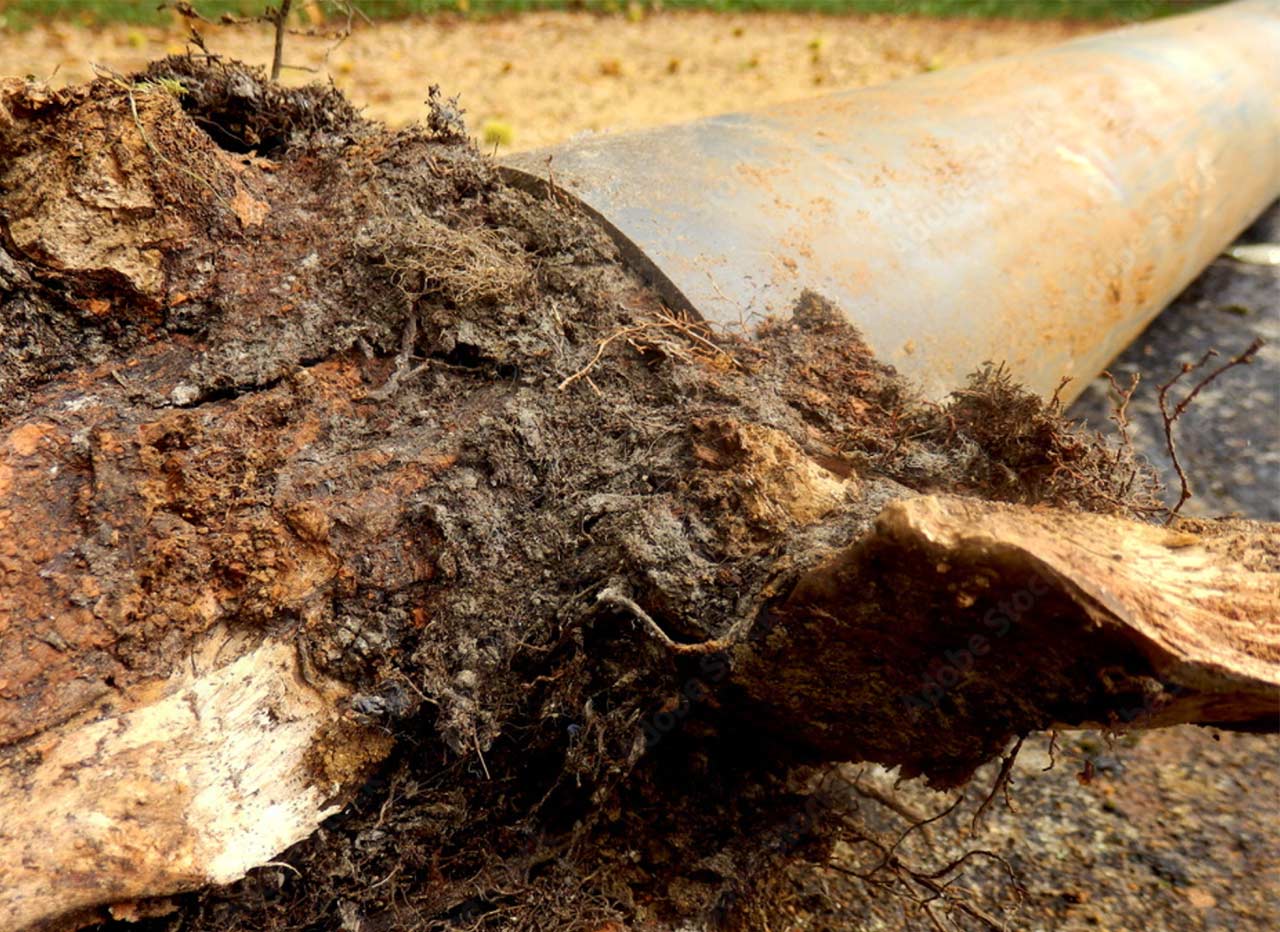Blocked Drains are one of the common plumbing problems every household faces once in a while. Even with the best care, this nuisance is unavoidable . A drain can get blocked for several reasons, including accumulating dirt and debris in the pipe, food or greasy products, soap scum, and hair clogs.
Whatever the reason, blocked drains is a big mess for any homeowner, interrupting your daily routine and causing long term inconvenience. However, there are several efficient and reliable options for drain cleaning, the best being to call a professional plumber immediately to avoid further amplifying the problem.
Do you hate dealing with those nagging, blocked drains? Scroll down to unveil a list of dos and don’ts to address the issue appropriately. Look no further and get started.
The Major Causes of Blocked Drains

Before we proceed to the dos and don’ts associated with blocked drains, let’s quickly review the common causes triggering the problem. Clogs are often caused by what we allow down our drains. Sometimes, a blocked drain may develop slowly over time, however in other cases it may appear suddenly.
Understanding the common causes of clogs may help you to avoid the need to call for professional assistance to remove them. Hence, we have mapped out some crucial items that may contribute to this plumbing hassle.
Fats, oils, and grease
Kitchen clogs often occur due to the continuous pouring of cooking fat and grease down the drains. Although these substances may appear harmless, they start coating the pipes’ walls and mixing with other debris to create tough clogs.
Soap Scum
The second most common cause of blocked drains is soap scum. These manufactured bar soaps often contain animal fat derivatives. The fat blends with minerals in water and forms soap scum. While a small amount of scum can easily pass through drains, it can be hard to remove if accumulated in a large amount over time.
Food Scrap
It is always advised not to put large chunks of food items down the drain, which can accumulate and pop up the blocked drain issue. Remember that most household garbage disposals can handle only small amounts of food scraps. Hence, you should consider compositing large food scraps rather than letting it down the drain.
Blocked Drain? Here’re some Dos and Don’ts
Now that you know about the significant reasons causing the blocked drain issue, it’s time to move on to some practical dos and don’ts to eliminate this problem without stretching it further. We assure you that these tricks will help you avoid costly mistakes when addressing a blocked kitchen or bathroom sink.
Do’s

Do flush the kitchen sink with hot water
The first home remedy you can perform to handle the situation is to flush the kitchen sink with hot water. It helps break up the grime and slimy substance therefore unblocking the sink. In addition, you can also use a spoonful of liquid dish soap for a favourable outcome, however this approach will not show instantaneous results in the situation of a touch clog. In that case, you must keep flushing the hot water until you see positive results.
Use Auger to address the Blocked drain issue
The second most accessible and inexpensive method to eliminate the blocked drain trouble is to use a drill. To execute this method, you must remove the sink filter and insert the drill tip into the drain through the pipe until you feel resistance.Rotate the auger to break up the clog but be careful not to jam the device in it, as doing so can damage pipes and trap connectors. Once done, flush with hot water and replace the sink filter. Remember that you must follow the approach only if you have previous knowledge to avoid accidents..
Remove the drain trap to eliminate stubborn clogs
The next thing to consider when handling stubborn clogs is to remove the drain trap beneath the sink. Remove as much water as possible and untwist the connectors to remove the trap. Once done, replace the trap and flush the drain with hot water to filter out the leftover debris
Don’t

Don’t use caustic chemical drain cleaners
While caustic chemical drain cleaners can show immediate results to blocked drains, in the long run they break down the pipes by leaving harmful effects. Hence, you should avoid using them on a regular basis. These chemicals are designed to break down chunks of debris but also gradually wear away your pipes, causing leaks and other more expensive inconveniences.
Don’t use excessive force when plunging
Although it is advised to remove the trap or flush the hot water to address the minor blocking issue, do not apply excessive force when plunging, as it might damage drain line connections. It further affects the plumbing line of other household regions, thus leading to severe problems.
Don’t snake your drains yourself if you are a beginner with no experience
While a drain snake or auger isn’t challenging for an experienced person, you shouldn’t attempt it yourself, especially if you’re an amateur. One wrong step can damage entire pipelines and cause more harm than good as well as the risk of injuries from sharp edged devices. Hence, having your drain snaked by a professional is the optimal option for a homeowner. Call an experienced and professional plumber to fix the blocked drain trouble in no time.
Conclusion
A blocked drain is no pleasing sight to any house owner, hence taking every necessary precaution to avoid the problem is essential. However, if you get stuck in the situation of a blocked drain without any clear solutions, don’t panic and call Clearwater Plumbing Service on 0417 762 124 to resolve the situation without delay. We have been serving the local people for years and boasts a team of highly trained professionals who can bring back your bathroom or sink immediately.
